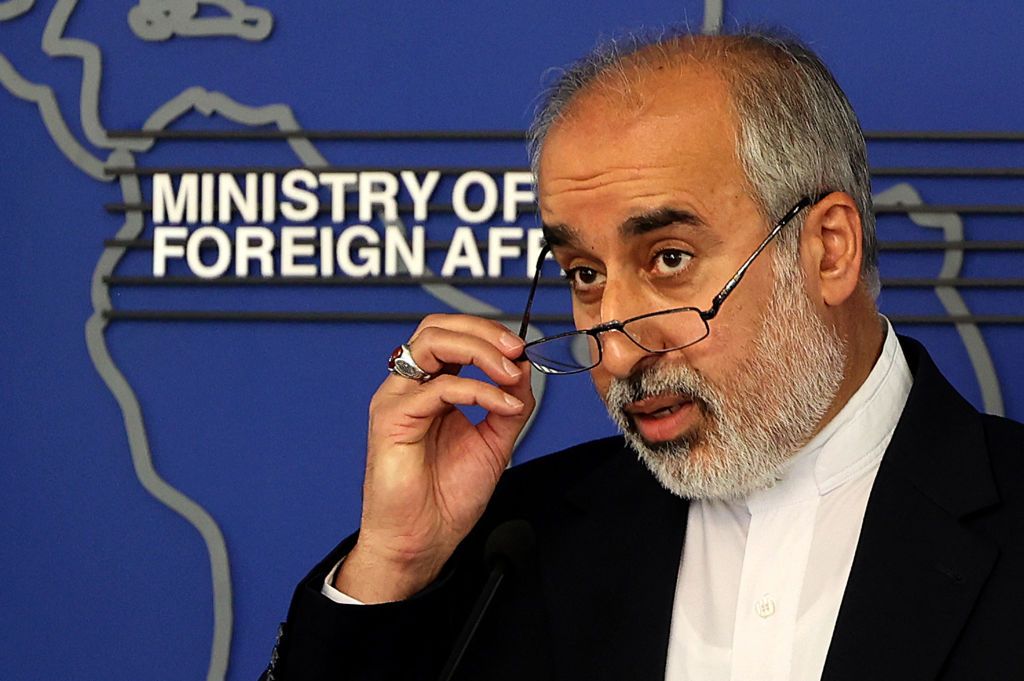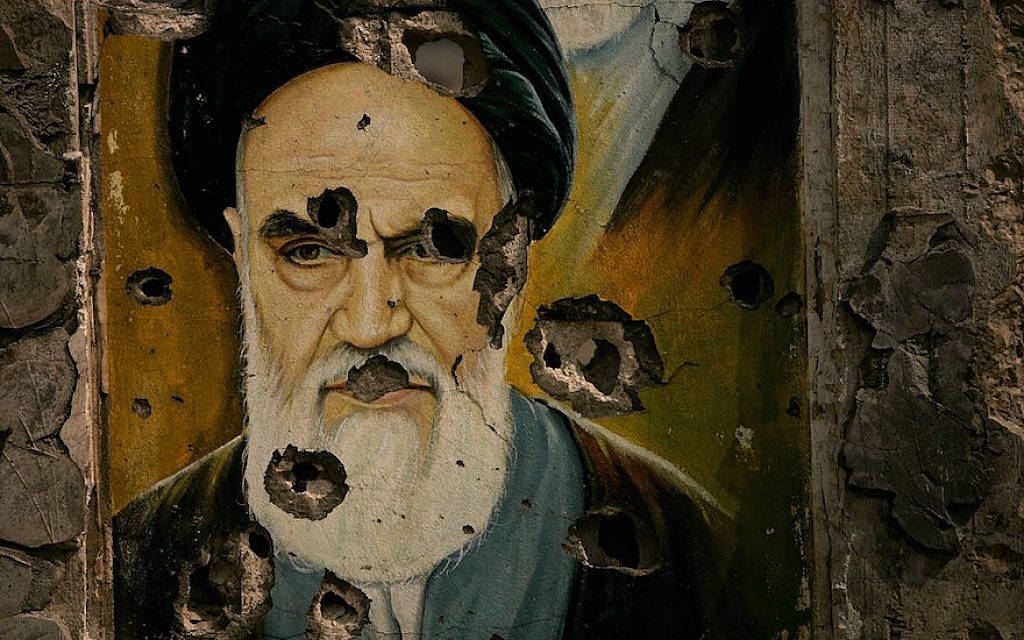Iran is a nest of a regime that has become famous for its devious activities under the Islamic religion. There is no country near or far that is not threatened by it. However, in fact, the state of Iran is like a tree with a rotten root, and the branches attached to it may one day be torn from the rotten trunk once and for all.
/cdn.vox-cdn.com/uploads/chorus_image/image/71650837/1244906705.0.jpg)
Mullahcracy is like a radiation that harms its surrounding
Unlike other theocratic regimes of the world, barbarian authorities or dictatorships, the Tehran mullocracy is extremely dangerous.
It is not much complext to understand it; the clerical regime in Tehran is heterogeneous - endless conflicts between various groups, camps and detachments lead to conspiracies, merciless intrigues and, ultimately, even to the most risky and dangerous means of expanding their sphere of influence.
These remedies sometimes have an overly repulsive effect.
Given that the political, moral and ideological foundations of Tehran's theocracy are rotten, and its goals are risky and dangerous for neighboring states, it is necessary to choose a model of behavior with a regime that still sees the world through the prism of the Middle Ages, is in constant search of enemies and tries to deceive citizens with impunity.

Kanani's statement portrays Iran's growing contempt and hostility?
Iran's attitude, or rather its hostility towards Azerbaijan, exacerbated by a sense of contempt, has reached such an extent that official Tehran seeks to interfere in Baku's foreign policy decisions.
Iran regards the joint statements of the Israeli Foreign Minister with the Azerbaijani Foreign Minister on the creation of an ""anti-Iran united front" " as Israel's disdainful intention to turn the territory of Azerbaijan into a space from which a threat to Iran's national security will emanate, and categorically condemns this. This was stated by the official representative of the Ministry of Foreign Affairs of Iran, Nasser Kanani.
He called the statements of the foreign ministers of Israel and Azerbaijan 'a tacit consent to the anti-Iranian orientation of their cooperation" and demanded clarifications from the Azerbaijani authorities on this issue.
An Iranian diplomat who uttered the phrase "tacit consent" considers himself so authoritative that he dares to "demand explanations" from Baku.
Kanani's statement is, of course, the interpretation of Iran's ultimate dismay.

Much to regime's consternation may lead it to resort to other means
The aggressive, almost hysterical policy of Iran, constantly aggravating relations with Azerbaijan, drawing the situation into the plane of open confrontation, has become a source of serious threat to the South Caucasus.
The mullahs in Tehran began to widely use proxy forces as part of a hybrid war against Baku.
With the victory in the second Karabakh war, which lasted 44 days, Azerbaijan put an end to the 30-year occupation and, having forced Armenia to capitulate, achieved serious successes both in diplomacy and in the economy.
Pursuing a balanced policy between West and East and choosing the paradigm of horizontal interaction with all countries, Baku has become a reliable and serious partner for the European Union, which is faced with an acute shortage of energy resources due to the war between Russia and Ukraine.
Iran is annoyed by the strengthening, growing geopolitical weight of Baku, which is steadily increasing the volume of oil and natural gas exports along the routes and is becoming an extremely important strategic partner in diversifying energy sources of the European Union states.
To prevent this, the Iranian regime, using all the means at its disposal and using mechanisms, seeks to strengthen ties with Armenia, prevent the implementation of the Zangazur transport corridor project, threatening Azerbaijan with senile statements like "Syunik is strategically important for us, changing borders in the region is our red line".
To achieve its goals, the mullah regime in Azerbaijan is using a strategy aimed at supporting terrorist groups and extremist groups in a number of countries around the world.
Back in the 1990s, Iran, having created a terrorist group called "Azerbaijani Revolutionary Detachment" to overthrow the constitutional government in Azerbaijan, targeted the state and government institutions of our country, especially oil and gas infrastructure.
The Tehran regime, which controls the Hezbollah unit created in Azerbaijan, also tried to commit murders and terrorist acts in our country.
These threats from Iran will never be able to scare Azerbaijan away. Despite the military support sent to Armenia from Iranian territory, the Azerbaijani army defeated the occupier Armenian army in 2020. And after that, any aggression and provocations against Azerbaijan will be decisively suppressed.